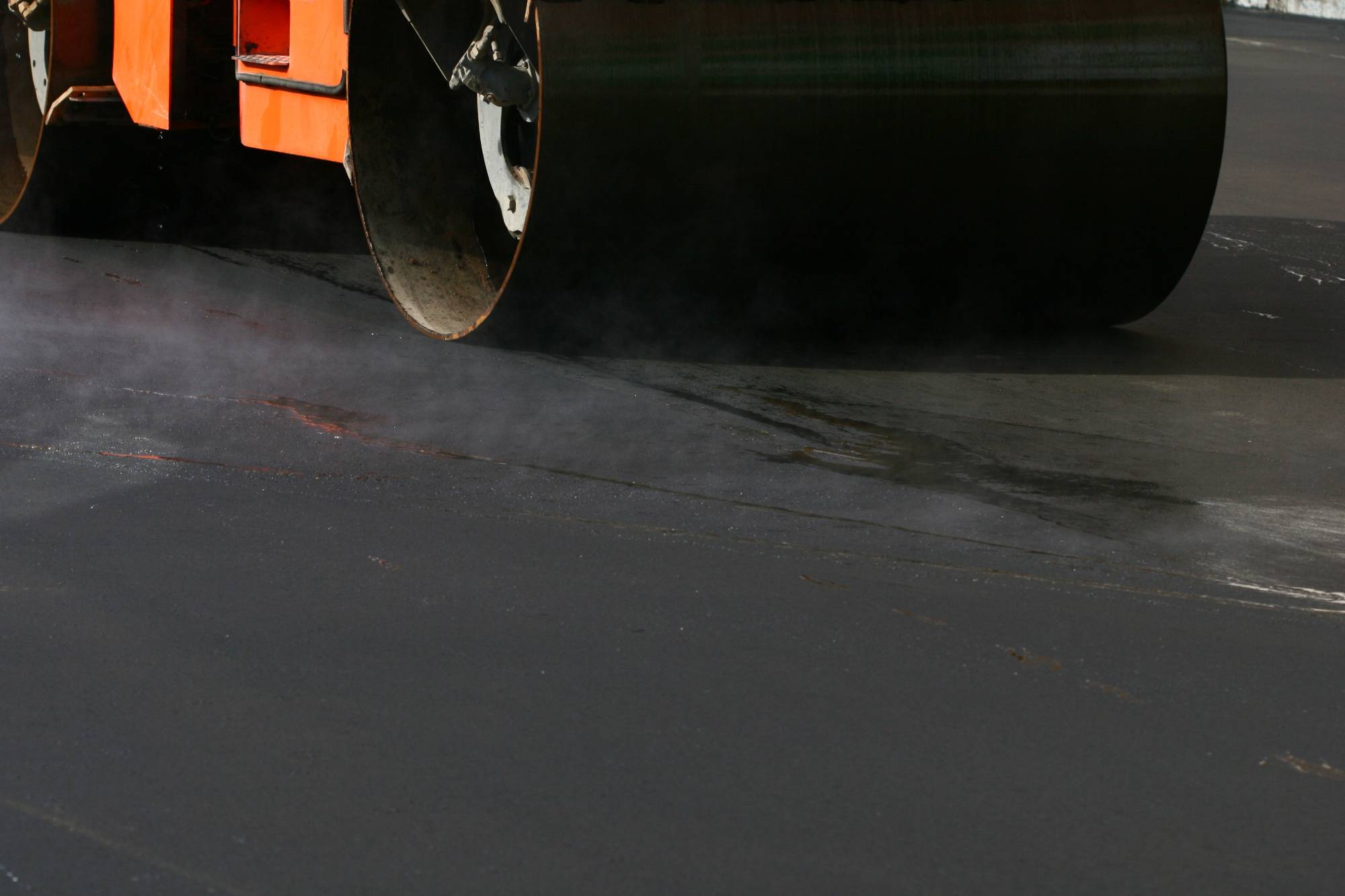- 631-796-2804
- [email protected]
- Mon - Fri: 6:30AM - 5PM
Professional commercial asphalt installation and repair that keeps your business running smooth.

Hear from Our Customers

Your parking lot stops being a problem. No more apologizing to customers about potholes or worrying about liability from cracked pavement.
You get a surface that handles heavy traffic, looks professional, and actually lasts through Suffolk County’s harsh winters. The kind of pavement that makes your property look like you care about details.
Most importantly, you get it done right the first time. No callbacks, no surprises, no wondering if you picked the wrong contractor six months from now.
We’ve been handling commercial paving projects across Suffolk County for years. We understand what works in this climate and what doesn’t.
We’re not the cheapest option, and that’s intentional. Commercial paving isn’t where you want to cut corners. You need contractors who show up with the right equipment, use proper materials, and know how to handle the complexities of commercial sites.
Your project gets the same attention whether it’s a small retail parking area or a large industrial facility.

We start with a site assessment to understand drainage, traffic patterns, and any specific requirements your property has. This isn’t a quick walk-around – we’re looking at base conditions, existing infrastructure, and potential issues.
Next comes proper site preparation. This means excavation to the right depth, installing proper base materials, and ensuring drainage works correctly. Most paving problems start here, so we don’t rush this step.
The asphalt installation uses commercial-grade equipment and materials designed for your traffic load. We handle compaction in lifts, maintain proper temperatures, and ensure the surface meets grade requirements. Striping and final details happen after the asphalt has properly cured.

Ready to get started?
Every commercial paving project includes proper site preparation, which means excavating to the correct depth and installing a stable base. We handle all the drainage considerations that keep water from becoming a problem later.
The asphalt installation uses materials appropriate for your expected traffic load. Light commercial areas get different treatment than heavy industrial sites or loading dock areas. We match the pavement design to how you’ll actually use it.
ADA-compliant striping, handicap spaces, and proper signage are part of the package. We know the requirements and handle the details so your parking lot meets all local codes without you having to think about it.


We are a family owned and operated paving contractor servicing customers on the East end of Long Island. We specialize in all phases of paving from start to finish.